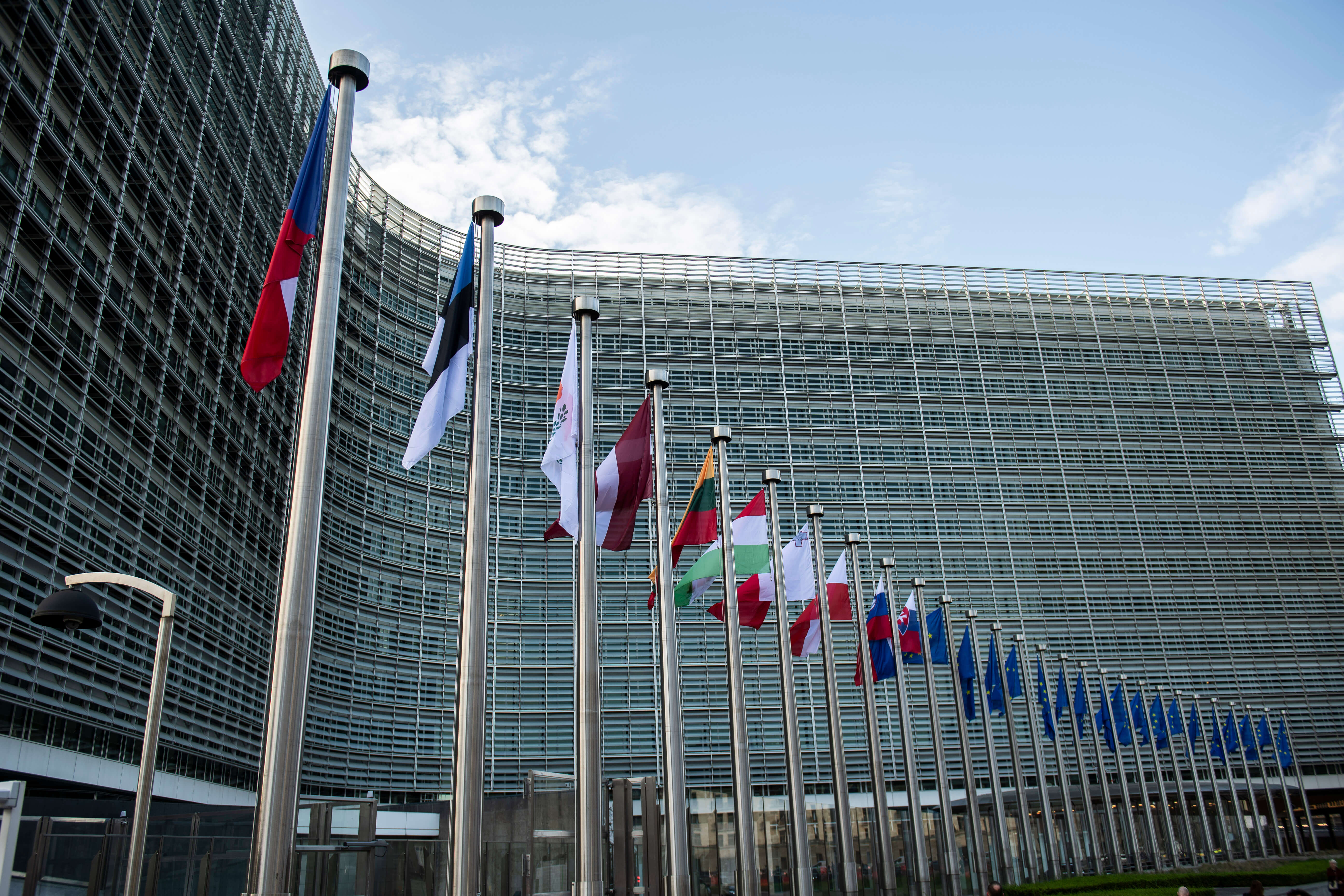The EU and US Justice and Home Affairs Ministerial Meeting in Warsaw, scheduled for 2 and 3 June, represents the first serious step towards lasting and systemic cooperation in the fight against transnational threats.
Delegations from the EU member states and representatives from six US agencies will come together to establish mechanisms for sharing information on terrorism, organised crime, and cybersecurity threats.
At a time when transnational threats transcend the boundaries of traditional state jurisdiction, Brussels and Washington are embarking on a concrete, institutionalised partnership that has so far been fragmented and reactive.
The Warsaw meeting will focus on three key areas: the fight against terrorism, organised crime, and improving cyber security.
The Memorandum of Understanding is expected to be adopted as a political framework for the exchange of information and shared operational standards.
One of the most important steps will be the launch of a pilot project for the exchange of data on financial flows. FBI representatives will provide access to their tools for detecting suspicious transactions in the US financial system, while Europol will monitor the movement of such funds within European Union banks.
Particular attention will be paid to networks financing extremist groups in the Middle East and North Africa.
Romania, Poland and several Baltic states are calling for the Balkan route, through which money and people illegally enter the Union, to be included in the analysis.
The German Ministry of Justice announced that it would set up a national contact point for the exchange of intelligence data by 18 June, just 15 days after the meeting in Warsaw. This statement indicates Berlin's political will to implement the agreed measures without delay.
Fighting organised crime and addressing migration challenges
Another topic will be the fight against organised crime. Europol is already warning about complex networks that use legal loopholes in various jurisdictions to transport drugs, weapons, and people.
Warsaw intends to establish common standards for faster mutual legal assistance between the EU and the USA and to test the interoperability of digital databases.
Without operational co-operation with the US, the capacity for prevention remains limited
The third pillar of the meeting is about cybersecurity. The European Union has adopted the NIS2 Directive as a measure to protect critical infrastructure, but without operational co-operation with the US, the capacity for prevention remains limited.
The US will present malware detection and neutralisation tools and a proposal to establish a joint cyberthreat analysis centre in the Baltic region that would share information in real time with national teams.
The challenges of migration are also part of the agenda. The US will offer access to its own human trafficking networks databases, and the EU is proposing to expand the capacity of migrant reception centres in Greece and Italy and strengthen joint border patrols.
The aim is to reduce illegal border crossings by at least 30 per cent by the end of the year while complying with humanitarian standards.
Setting deadlines and protocols
The Memorandum of Understanding will be signed on the second day of the meeting.
The document sets out the deadlines for the establishment of national contact points in each member state and joint technical protocols for the exchange of intelligence data and emergency operations.
The plan is to start the first training courses in the European cybersecurity centres by September.
The German Minister of the Interior Alexander Dobrindt announced that Berlin would provide technical equipment and specialised personnel for a test simulation of a joint response to a coordinated cyberattack.
US wants permanent institutionalised cooperation instead of ad hoc agreements
The French Minister of Justice Gérald Darmanin announced a plan to set up joint investigation teams for complex cross-border cases and emphasised that the new framework will reduce the processing time for international letters rogatory from several months to a few days.
The Italian Minister of the Interior Matteo Piantedosi has already highlighted the need for an early warning system at the border.
In Warsaw, he will propose that Italy offer its own technology platform for a standardised migrant registry, which would improve the exchange of data between border authorities.
On the American side, the prosecutor announced that the US wants permanent, institutionalised cooperation instead of ad hoc agreements and is willing to recognise the data protection standards and mutual legal protection demanded by the EU.
Beyond symbolism
The biggest challenge will remain the harmonisation of the European GDPR (General Data Protection Regulation) framework with US data protection laws.
The EU expects the rulings of the European courts to be recognised as valid in the USA.
 The biggest challenge will remain the harmonisation of the European General Data Protection Regulation framework with US data protection laws - EU Commission
The biggest challenge will remain the harmonisation of the European General Data Protection Regulation framework with US data protection laws - EU Commission
Otherwise, much of the exchange of information will remain legally questionable, but the US side has expressed its willingness to consider changes to national laws in the interest of mutual recognition of legal standards.
The volatility of political priorities in individual EU Member States may slow down the implementation of the agreement being prepared at the above-mentioned two-day meeting, but most governments have initiated internal procedures to adapt national regulations. The speed of implementation will be a key indicator of success.
If the first operational units are activated by the end of the third quarter, it will be clear that Warsaw has achieved results that go beyond symbolism.
Transatlantic co-operation in the field of security is entering a new phase. Instead of a declarative partnership, Warsaw could become a place where the EU and the US combined their rules and capabilities in a single framework.
For the first time in many years, Europeans and Americans could rely on systematic protection of their lives and data instead of reacting after tragedies.